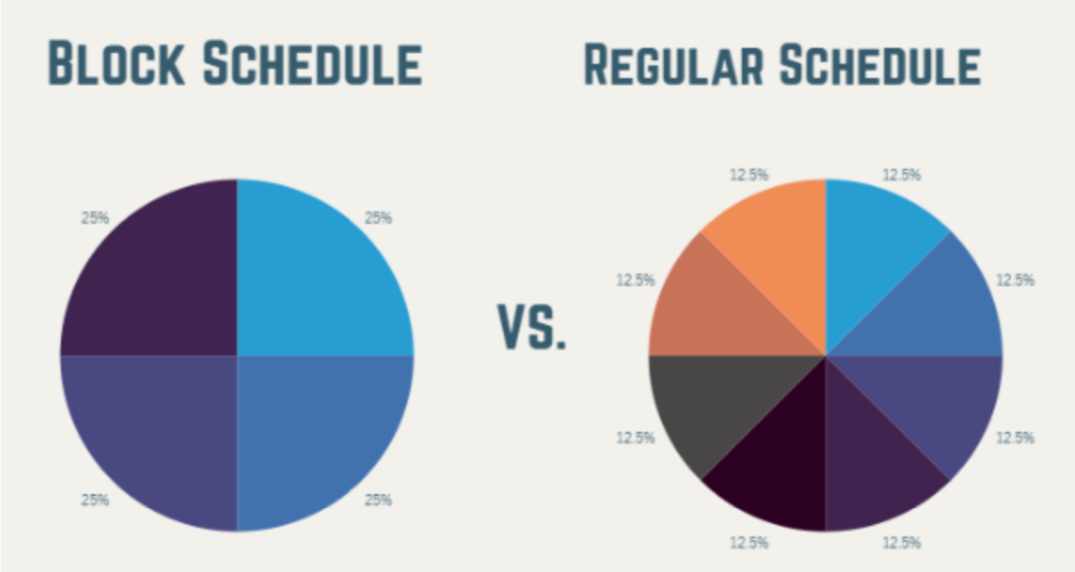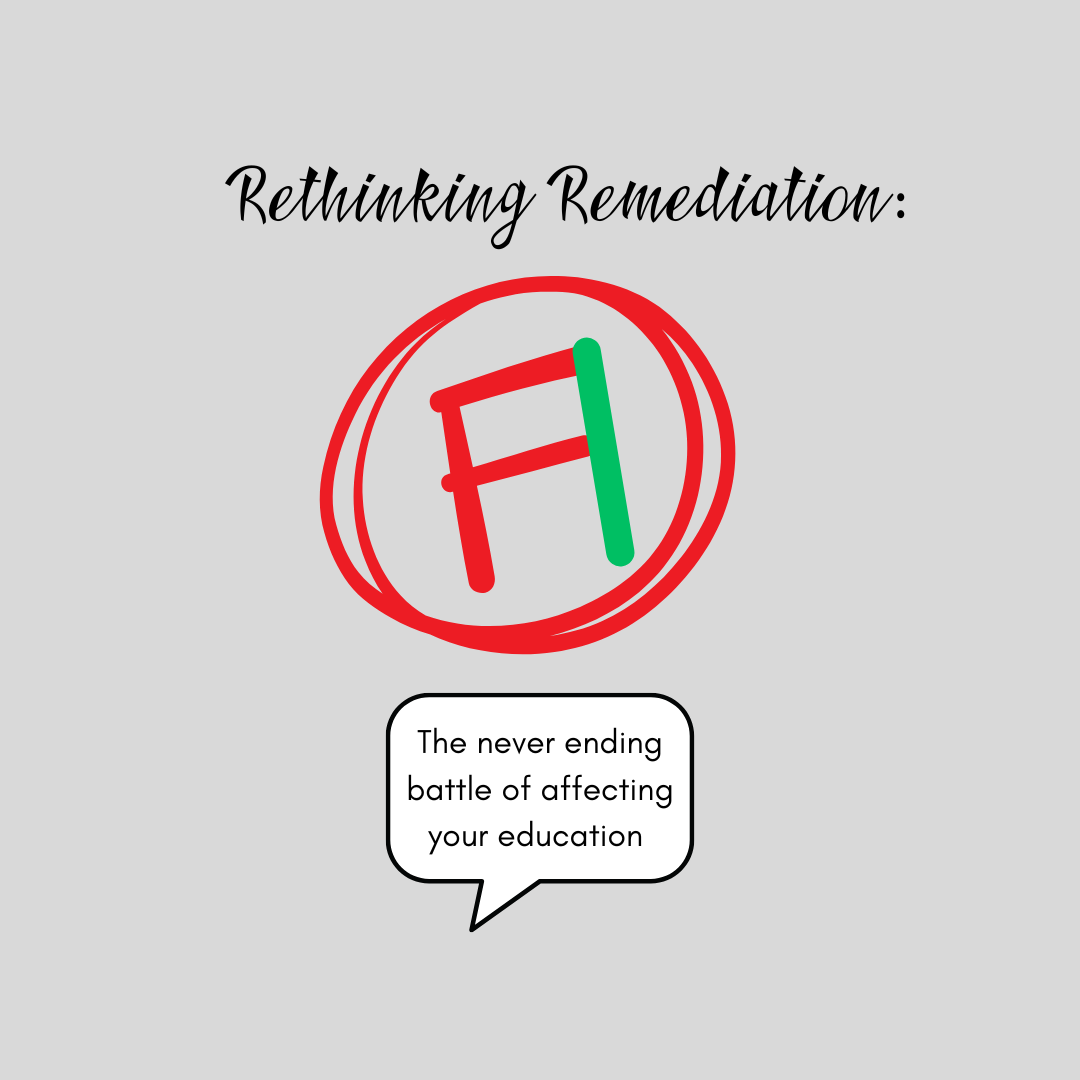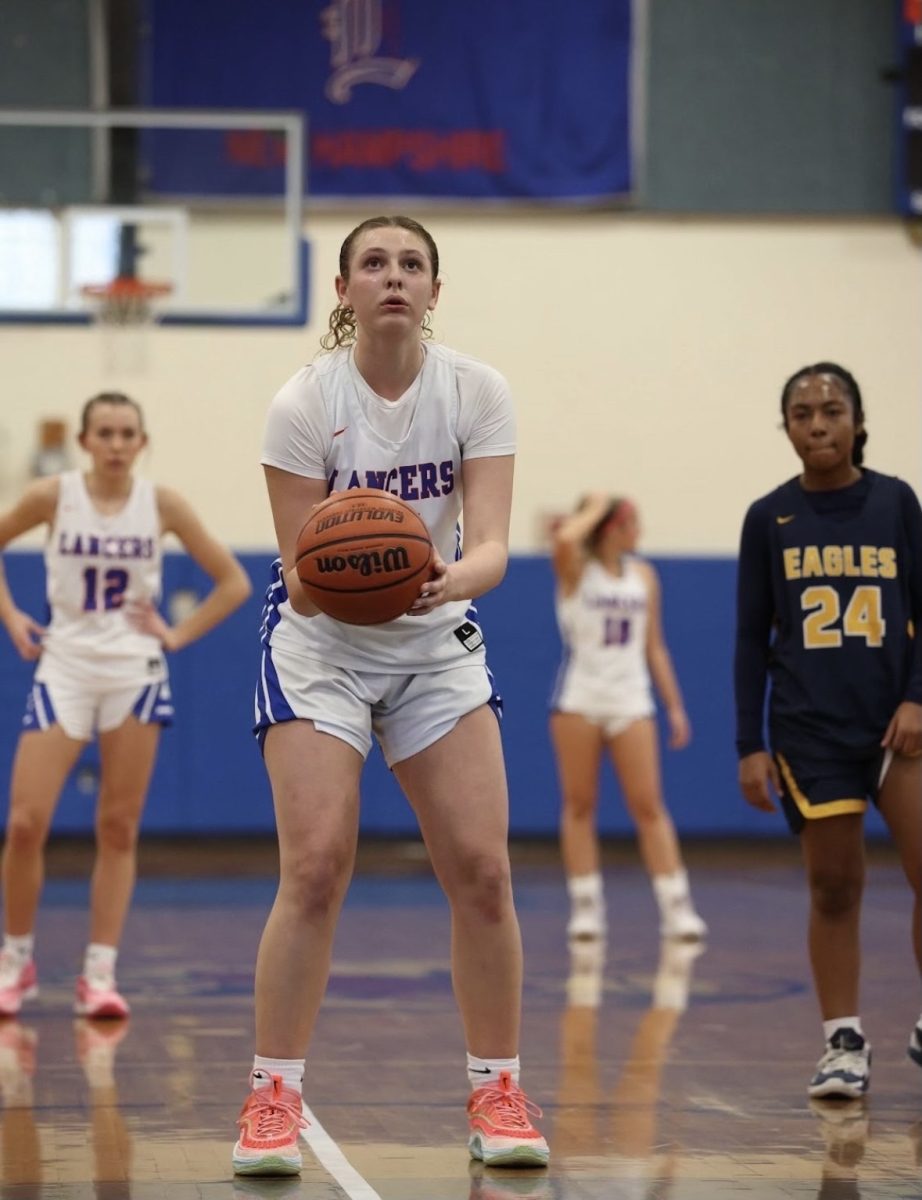One week ago it was announced that betting on sports has been legalized by the U.S. Supreme Court, and ever since it has became a trending topic throughout social media.
According to NBCNews.com, the Supreme Court decided in a 6-3 ruling to rescind a federal law that said states must ban gambling on the outcome of sporting events. Oddly enough, The Professional and Amateur Sports Protection Act didn’t ban sports betting nationwide, but instead it said all states (besides Nevada) do not have permission to permit it.
This breakthrough is not placed in effect just yet, however states such as New Jersey and Pennsylvania expect to be up and running for the NBA finals in a couple weeks.
So what are the potential effects from this new development?
For starters, professional sports teams could potentially make a significant amount of money as a result of this gambling. Adam Silver, the commissioner of the NBA, brought up an idea that the NBA would take one percent “integrity fee” from any bet placed. Leagues could also charge more for advertisements and rights fees, as this unrestricted gambling expects to drive a greater fan engagement.
Another concern following this new law is that stadiums and arenas could turn into to casinos. It is expected that organizations will give fans access to bet on the game they are about to attend as well as other matchups from other sports as they walk to their seats. This should act as a concern because instead of just rooting for the home team fans might start to focus their interest on certain players they bet would have a big night, or if the final score would be as they predicted.
In hindsight, sports gambling could actually help certain sports where the interest is starting to drain. It could motivate people to watch a whole baseball game or golf match now that they have a hefty wager on the line. To some, money is powerful enough to make you tune into your least favorite sports.
It should also be concerning if we start to see the framework of sports change because of gambling. We could start to see a greater contest inside the game where it doesn’t matter as much if your team wins as long as your wallet has grown by the end of the night.
Also, athletes could easily make money for themselves or others much easier by secretly placing a bet on their own performance and then simply having an “off night” just to meet their prediction.
Something along those lines happened in 2007 regarding 13-year NBA referee Tim Donaghy. Donaghy resigned in July just before reports came out accusing him of betting on games that he worked for the past two seasons. It was found that he made calls late in games that affected the point spread. A month later he pleaded guilty to two federal charges regarding this investigation.
While this scenario is pretty rare, it is another example of how gambling could tamper with the purity of the game.
Every year one of the most watched and gambled on events is the NCAA March Madness tournament. Now that gambling is permitted everywhere, this tournament is going to generate a significant amount of money. This could lead to a major pay day for someone if they actually defy the odds and create a perfect bracket.
All of this seems alright, but don’t forget that this tournament is made up of teams of college athletes that don’t get paid. This could give them a viable excuse to receive a portion of what the NCAA is earning. This just adds on to the already highly debated issue of whether college athletes should be paid.
Horse racing is one of the most gambled on attractions in the U.S. every year. According to CNN.com, in the 2017 Kentucky Derby $138 million was bet legally at the track or on an off-track betting outlet at Churchill Downs. Factor in how much was bet illegally and now imagine what that number will look like next race now that gambling is legal all around.
It is also expected that many casinos will add slot machines geared towards sports wagering in the near future.
No matter how you look at this new law, gambling can be a scary addiction that could make your life miserable if your not careful. It’s a dangerous habit that should be managed appropriately no matter what you are betting on.
It will be interesting to see what states choose to allow gambling and which do not, but regardless now that this law has been passed, I would bet that the sports world will never be the same.





















